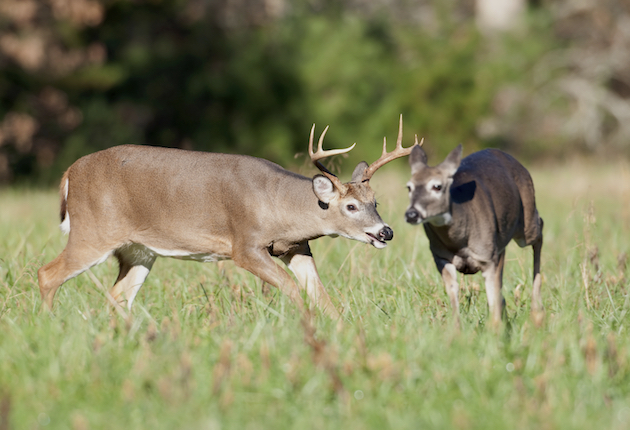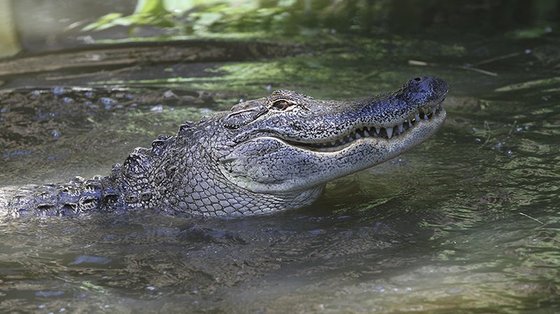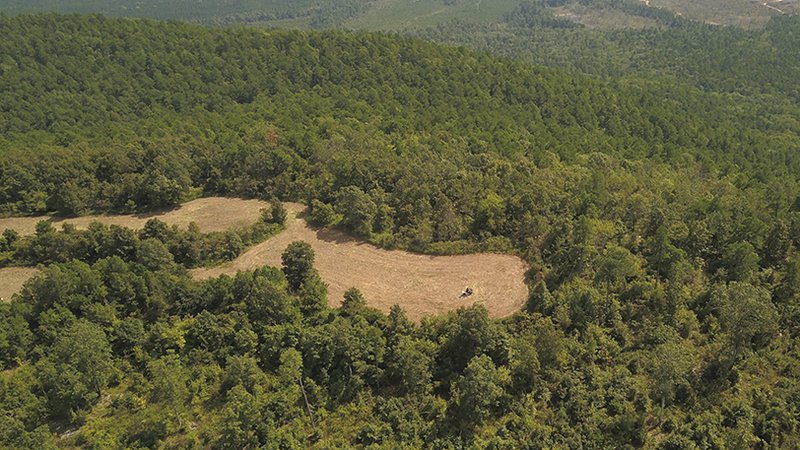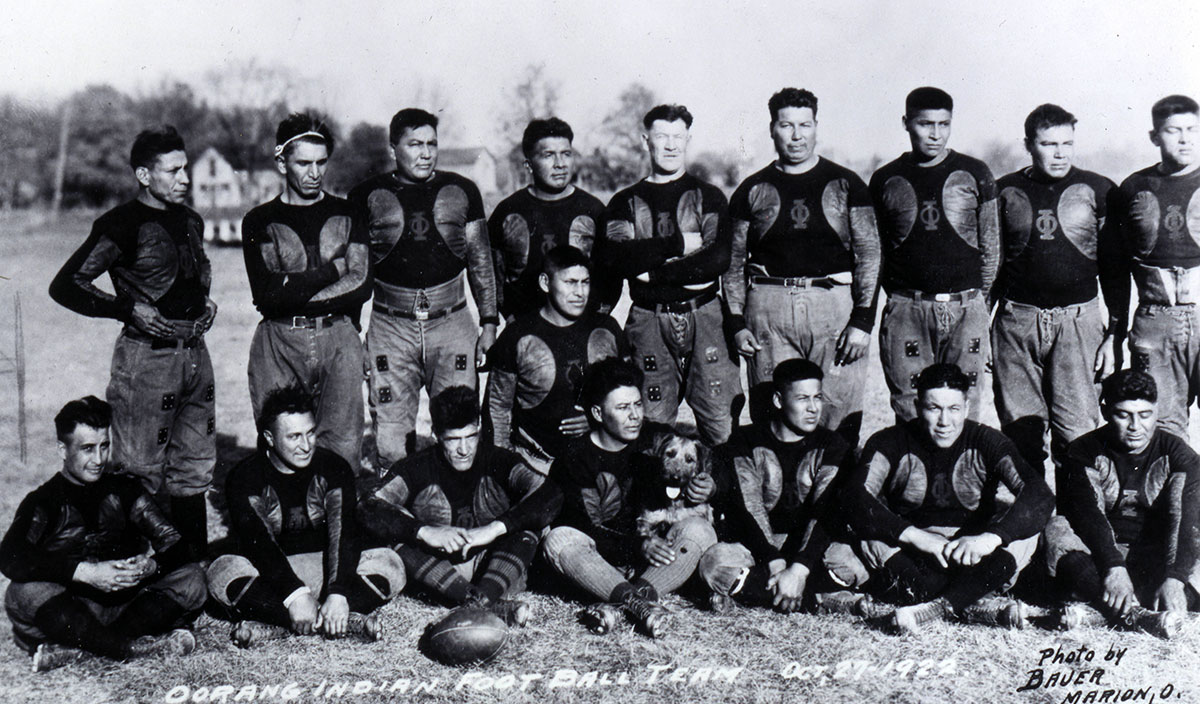It is illegal to possess or use, for the purpose of hunting or scouting any wild animal in South Carolina, any substance or material that contains or purports to contain any excretion collected from a cervid (deer) including urine, feces, blood, gland oil or other body fluid. This does not prohibit the use of synthetic products or substances collected by a hunter from deer legally harvested in South Carolina.
The majority of natural deer lures and attractants are made with fluids and secretions collected from captive cervids. Chronic Wasting Disease (CWD), a transmissible or contagious, always fatal, neurological disease, has been documented in numerous captive cervid herds, therefore the potential exists for these products to be contaminated with CWD prions. Once introduced, the disease agent can remain viable in the environment, in the soil for example, were local deer may become infected. There is no approved method to either test the products for CWD or destroy CWD-causing prions. Currently, CWD has not been found in South Carolina. With the high level of uncertainty surrounding the use of such products, SCDNR is following the lead of a growing list of states, as well as recommendations from wildlife disease professionals and the Association of Fish and Wildlife Agencies (AFWA), in prohibiting the use of natural urine-based products to minimize the potential for CWD introduction into South Carolina.
Why is the use of these products risky?
- The infectious proteins (i.e., prions) known to transmit CWD have been found in the urine, feces and saliva of infected deer and research has shown that these body fluids can be an infective pathway to other deer. To make these commercial scents, urine from captive deer is collected over a grate system that does not prevent contamination from feces, saliva or other bodily fluids. Urine products are frequently batched/combined from multiple locations and distributed across the country via retail, internet and catalog sales.
Many of these captive cervid facilities are located in areas or states with CWD. Nationally, CWD continues to be found in captive cervid facilities with 40 facilities testing positive since 2012 in nine states. In fact, CWD has been detected in 21 new captive facilities since January 2018 with 9 (42%) of these facilities being categorized as low risk for CWD based on a USDA monitoring program. Problems associated with these monitoring programs include no approved CWD test for live animals and the fact that the disease has a long incubation period meaning that deer can shed the disease agent for months or years before appearing sick or dying. That being the case, urine products distributed into the environment by hunters at one point in time may have come from facilities that later test positive for CWD.
- Urine production and sales are not regulated by any government agency or entity, nor are there any testing or marking requirements related to the source of urine products. There is no approved test that can be used to test these products for the presence of CWD prions prior to distribution for sale to the public. The infectious proteins causing CWD are extremely resistant to degradation and if introduced may persist in the environment for years in contaminated soil, thereby posing a disease transmission risk to deer for extended lengths of time.
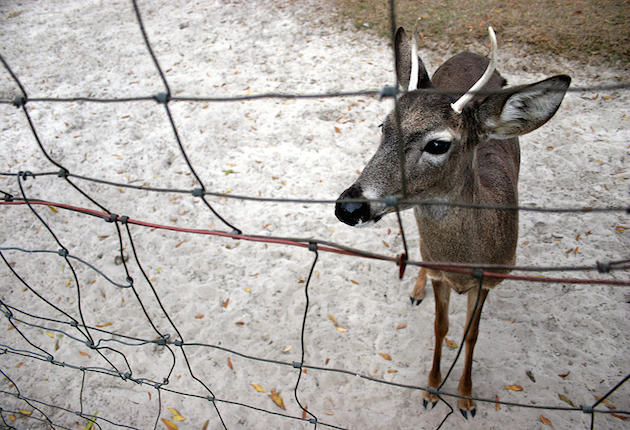
Why did SCDNR ban these urine-based products?
SCDNR took a proactive approach to this issue and banned the use of products containing urine or scent gland secretions collected from deer or elk until such time that it can either be proven that urine is definitively not associated with CWD transmission or an effective method to test urine products is developed that is credibly verified and regulated. SCDNR’s intent with this regulation was to protect South Carolina’s deer hunting heritage by ensuring that future generations have the same opportunities to deer hunt as are available to South Carolinians today and to protect the long-term health and stability of the deer herd in the state.
If using these products is banned, why can I still buy them in South Carolina?
Unfortunately, SCDNR does not have the authority to ban the sale of these products, just their usage in the field for hunting or scouting purposes.
What does “possess or use” a natural deer urine attractant mean?
It is still legal for products that contain natural deer urine or other bodily fluids to be purchased and sold in South Carolina, as SCDNR does not have authority to regulate the sale of these products. However, it is not legal for individuals to have these products in their possession or on their person while afield for the purposes of taking, attracting or scouting any wild animal in South Carolina.
Are there any legal alternatives to natural deer urine lures that I can use?
Yes, there are many synthetic products that can be used to attract or lure deer that do not pose any secondary risks for CWD transmission to South Carolina white-tailed deer. These products are readily available at sporting goods stores and online retailers.
Can I use urine or glands that I collect from a deer I harvest?
Yes, the use of urine or glands collected from legally harvested deer in South Carolina may be used by hunters in South Carolina.
How do I dispose of my old products which contain deer body fluids?
Make sure the containers are tightly sealed and then throw them in with the rest of your trash. Disposal in a landfill is an accepted and safe practice.

